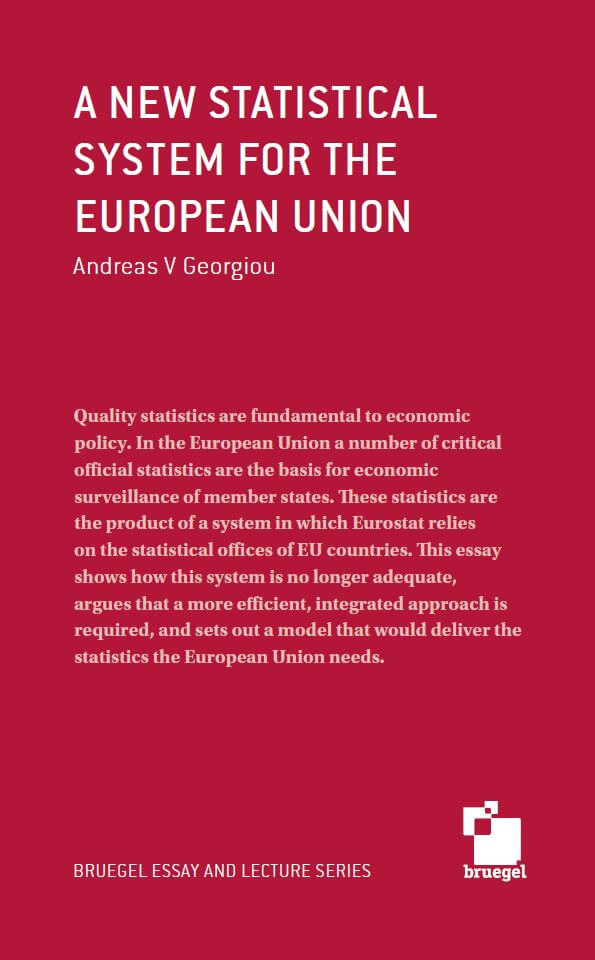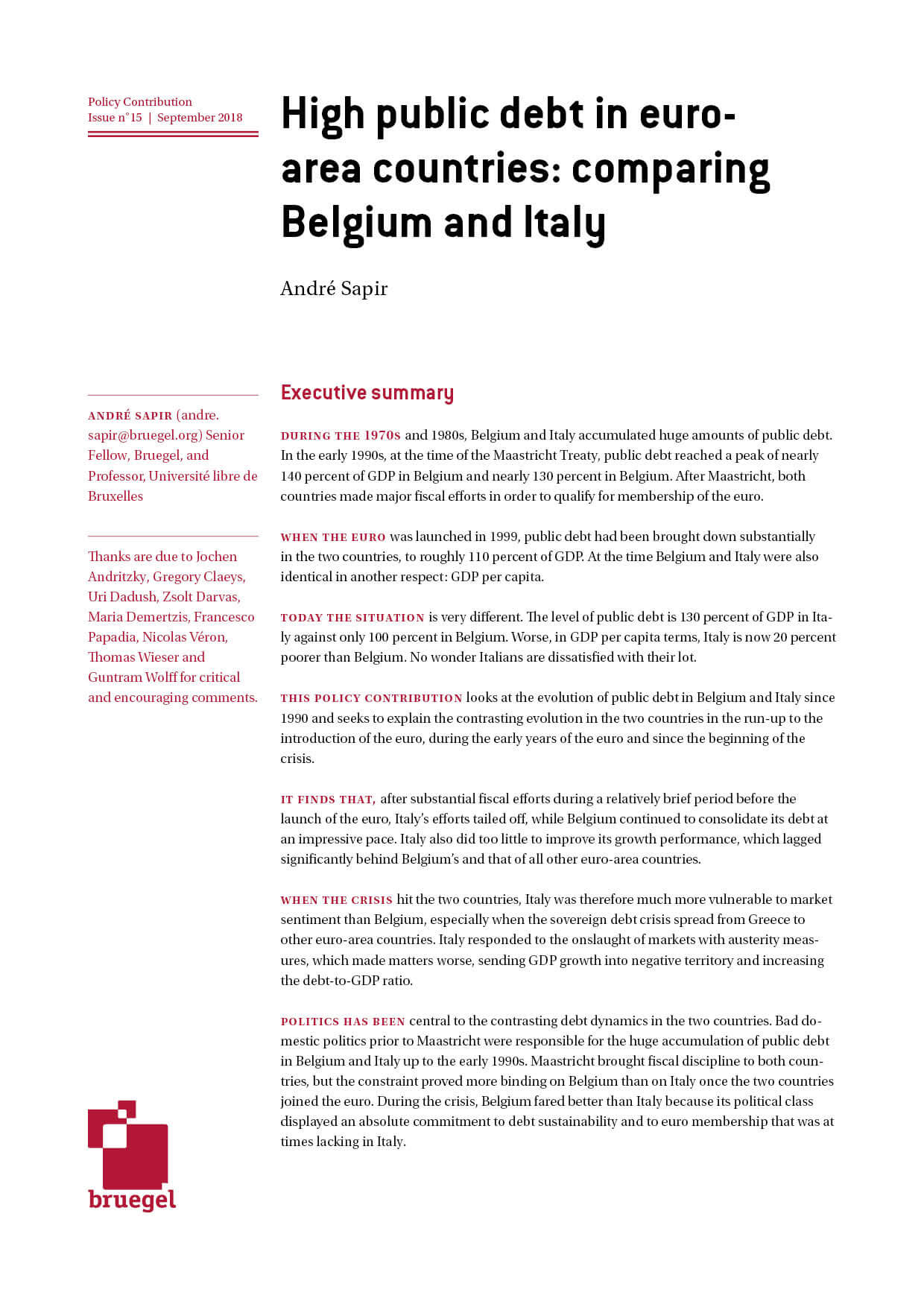Opinion


The euro comes of age
A well-functioning euro reflects a degree of unity that allows the EU to credibly claim a position at the global table and therefore help shape the policies that will deal with global problems. That is a decisive success.






